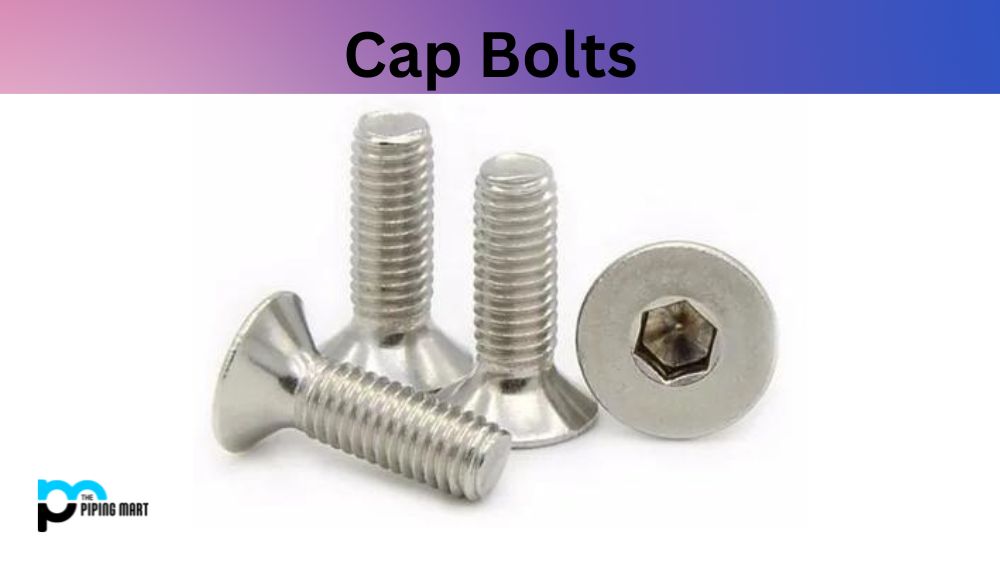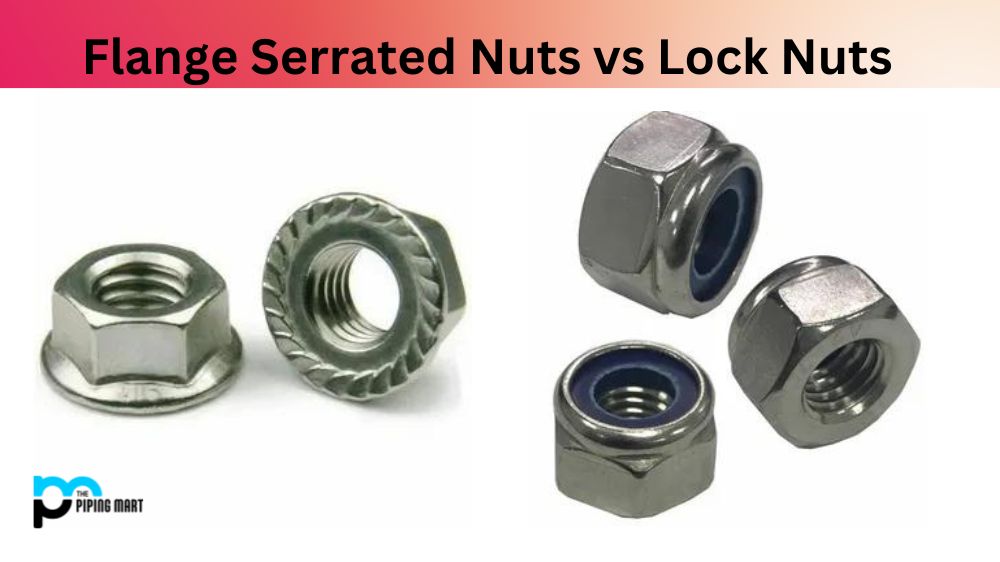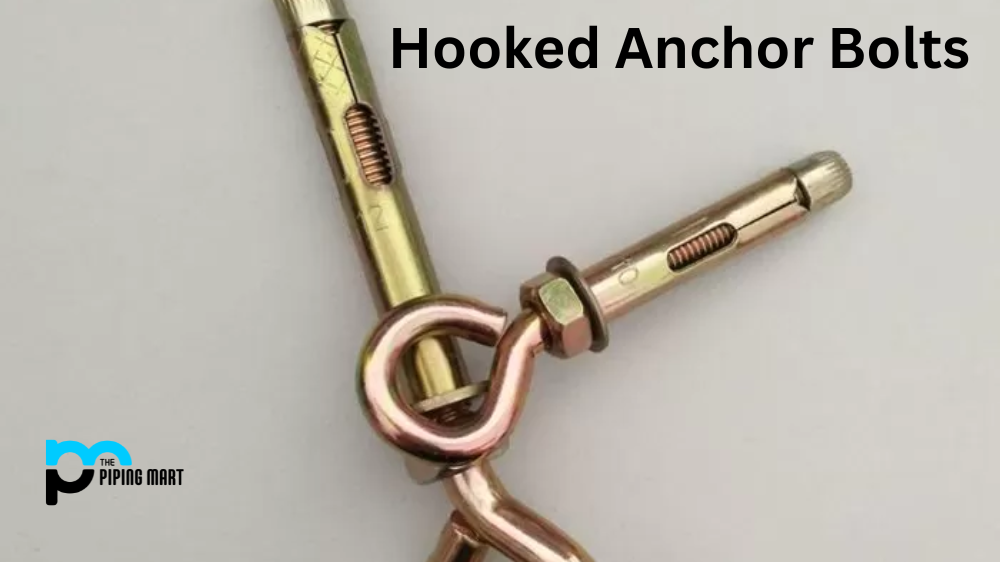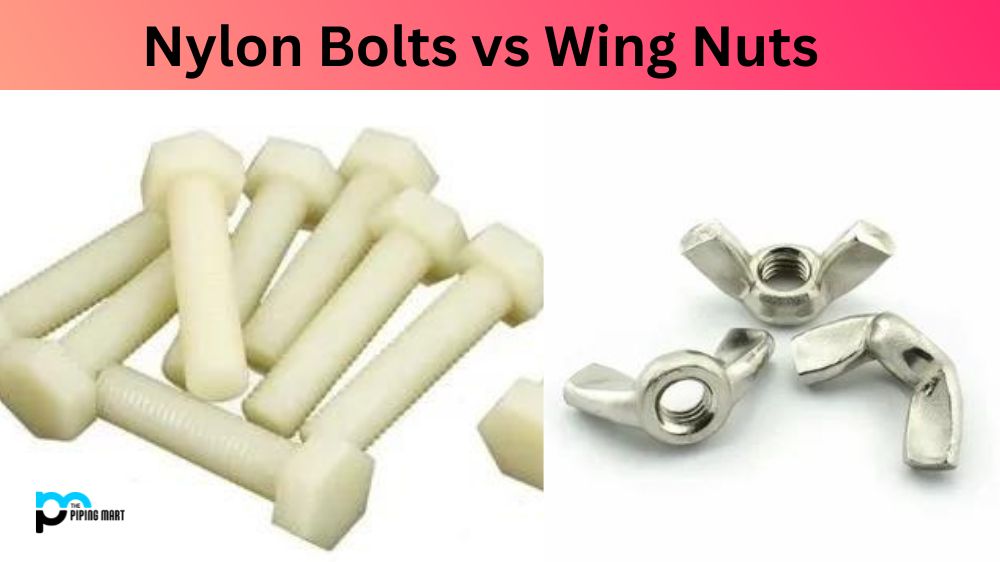If you have ever worked with machinery or automobiles, you have probably encountered cap bolts at some point. These small bolts play an important role in many mechanical systems, and understanding their properties and uses is essential for any engineer or mechanic. In this article, we will take an in-depth look at the composition, properties, and uses of cap bolts so you can better understand these critical components.
What is a Cap Bolt?
A cap bolt is a screw with a hexagonal head designed to be tightened or loosened with a wrench or pliers. The head of the bolt is typically rounded and slightly domed, which gives it the appearance of a cap. Cap bolts are commonly used in mechanical systems where high torque is required, such as engines, transmissions, and gearboxes.
Cap Bolt Composition
Cap bolts are typically made of high-strength steel, such as alloy or stainless steel. The steel is selected for its strength and durability, critical properties for a mechanical component. The steel is heat-treated to improve its mechanical properties, which makes the bolt harder and more resistant to deformation or failure under heavy loads.
Cap Bolt Properties
Cap bolts are designed to withstand high torque and stress, so they are often used in automotive and other mechanical systems. The strength and durability of the bolt are determined by its material composition, heat treatment, and the quality of the manufacturing processes. The properties of cap bolts include high tensile strength, corrosion resistance, and resistance to fatigue and cracking.
Cap Bolt Uses
Cap bolts have many uses in mechanical systems, including automotive, aerospace, and machinery. They are often used in applications requiring high torque, such as tightening the cylinder head on an engine or securing a gearbox. Cap bolts are also used in construction and industrial applications, such as steel fabrication and heavy equipment assembly. These bolts are essential components in the mechanical systems that keep the world running.
Cap Bolts Advantages
There are several advantages to using cap bolts in mechanical systems. One of the primary advantages is their high strength and resistance to fatigue and cracking, which makes them ideal for high-stress applications. Cap bolts are also more tamper-resistant than other screws and bolts, which can be important in some applications. Finally, the domed head of the cap bolt provides a larger surface area for the wrench or pliers, which makes them easier to tighten or loosen.
Conclusion:
Cap bolts are critical components in mechanical systems, with uses ranging from automotive to industrial applications. Understanding cap bolts’ composition, properties, and uses is essential for any engineer or mechanic. These small but powerful components play a significant role in keeping the world running, and their strength and durability make them ideal for high-stress applications. We hope this guide has helped you better understand the importance of cap bolts and their role in mechanical systems.
Sakshee is a talented blogger, with a particular focus on the Business and Metal Industry. She is passionate about sharing her insights on various metal products and helping professionals to make a better decisions.




